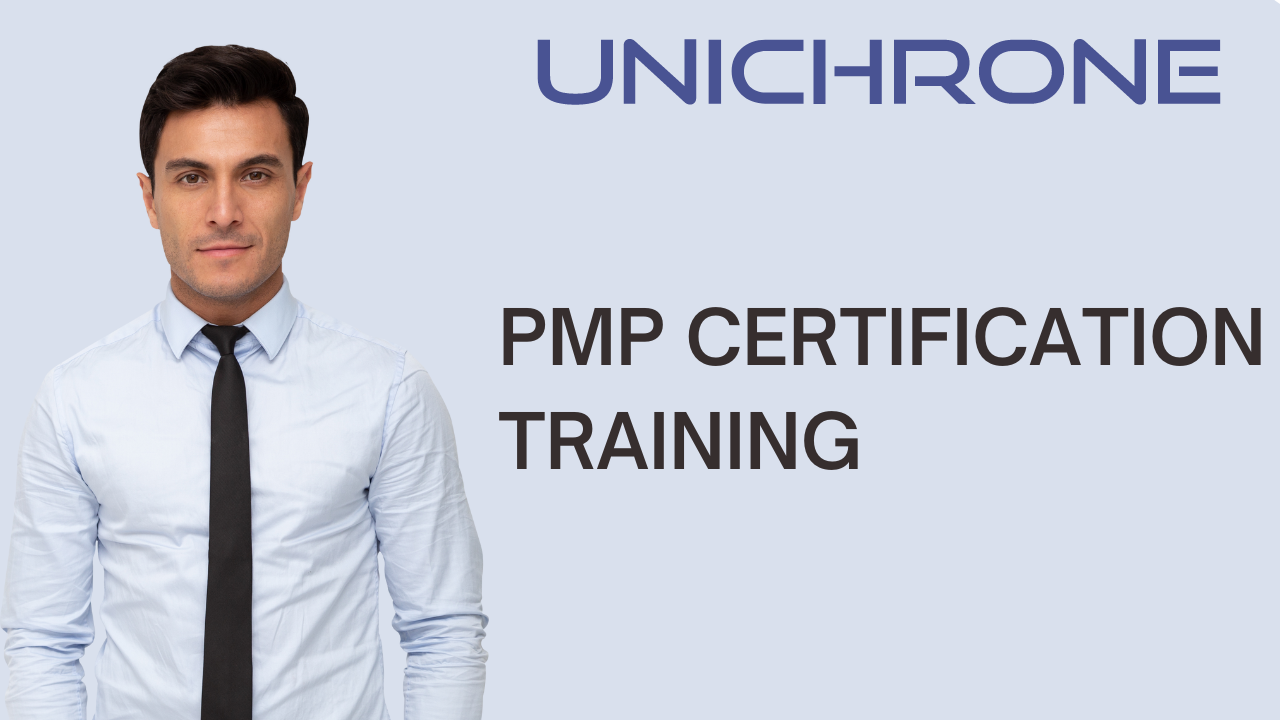Introduction
In today’s competitive business world, credibility plays a crucial role in the success of professionals. Building a strong reputation and showcasing your expertise is vital for career growth and opportunities. One way to amplify your credibility and stand out among your peers is by obtaining a Project Management Professional (PMP) certification. PMP certification training equips you with the necessary skills and knowledge to excel in project management, validating your expertise and demonstrating your commitment to professional development. This article will delve into the significance of PMP certification training, its benefits, and how it can enhance your credibility in the field of project management.
Amplify Your Credibility with PMP Certification Training
Obtaining PMP certification is a significant milestone for project management professionals. It signifies your dedication to excellence and adherence to industry best practices. By investing your time and effort into PMP certification training, you demonstrate a commitment to continuous learning and professional growth.
Benefits of PMP Certification
- Enhanced Project Management Skills: PMP certification training provides a comprehensive understanding of project management methodologies, tools, and techniques. It equips you with the skills necessary to lead projects effectively, manage resources, and mitigate risks.
- Global Recognition: PMP certification is globally recognized and respected in the field of project management. It showcases your competence and professionalism to employers, clients, and peers worldwide.
- Career Advancement: With PMP certification, you open doors to new career opportunities. Many organizations require or prefer PMP-certified professionals for project management roles, giving you a competitive edge in the job market.
- Increased Earning Potential: PMP-certified professionals often command higher salaries compared to their non-certified counterparts. The certification validates your expertise and justifies a higher compensation package.
- Networking Opportunities: PMP certification allows you to connect with a global community of project management professionals. You can join industry associations, attend conferences, and engage in networking events to expand your professional network and gain valuable insights.
Is PMP Certification Training Worth It?
You might wonder if investing time and resources in PMP certification training is truly worth it. The answer is a resounding yes. PMP certification not only amplifies your credibility but also brings numerous benefits to your career. Let’s explore why PMP certification training is worth your investment.
- Industry Demand: Project management is a rapidly growing field across industries. Organizations are actively seeking qualified project managers to ensure successful project execution. PMP certification validates your skills and makes you a desirable candidate in this competitive job market.
- Competitive Edge: PMP certification sets you apart from your peers by showcasing your commitment to excellence and continuous professional development. It demonstrates your ability to handle complex projects and lead teams effectively, giving you a competitive edge in your career.
- Expanded Knowledge: PMP certification training covers a wide range of project management topics, including risk management, cost management, and stakeholder engagement. The comprehensive curriculum enhances your knowledge and equips you with practical tools and techniques to overcome project challenges.
- Improved Confidence: Achieving PMP certification instills confidence in your abilities as a project manager. It validates your expertise, empowering you to tackle complex projects with confidence and make informed decisions.
- Career Growth: PMP certification opens doors to new career opportunities and positions you for promotions within your organization. It provides a solid foundation for career growth and advancement in the field of project management.
Frequently Asked Questions (FAQs)
Q1: What are the eligibility criteria for PMP certification?
A1: To be eligible for PMP certification, you must have a secondary degree (high school diploma, associate’s degree, or global equivalent) and a minimum of 5 years of project management experience, with at least 7,500 hours leading and directing projects. Alternatively, you can qualify with a four-year degree, 3 years of project management experience, and 4,500 hours leading and directing projects.
Q2: How can I prepare for the PMP certification exam?
A2: Adequate preparation is key to passing the PMP certification exam. Consider enrolling in a reputable PMP certification training program, studying the Project Management Body of Knowledge (PMBOK) guide, and taking practice exams to familiarize yourself with the exam format and content.
Q3: Is PMP certification globally recognized?
A3: Yes, PMP certification is globally recognized and respected in the field of project management. It is endorsed by renowned organizations such as the Project Management Institute (PMI) and holds significant value in various industries worldwide.
Q4: How long does it take to complete PMP certification training?
A4: The duration of PMP certification training can vary depending on the program you choose. On average, it takes around 35 hours of dedicated study to complete the training.
Q5: Does PMP certification expire?
A5: Yes, PMP certification is valid for three years. To maintain your certification, you must earn professional development units (PDUs) by engaging in activities that contribute to your professional growth, such as attending workshops, conferences, or participating in project management-related activities.
Q6: Can I pursue PMP certification if I don’t have project management experience?
A6: PMP certification requires a minimum amount of project management experience. However, if you lack the required experience, you can consider other project management certifications offered by PMI, such as Certified Associate in Project Management (CAPM), which is designed for individuals with limited experience in project management.
Conclusion
Amplifying your credibility in the field of project management is crucial for professional success. PMP certification training provides you with the necessary skills, knowledge, and recognition to stand out among your peers. By investing in PMP certification, you enhance your project management capabilities, open doors to new career opportunities, and increase your earning potential. Take the initiative to amplify your credibility with PMP certification training and unlock a world of possibilities in the dynamic and exciting field of project management.
